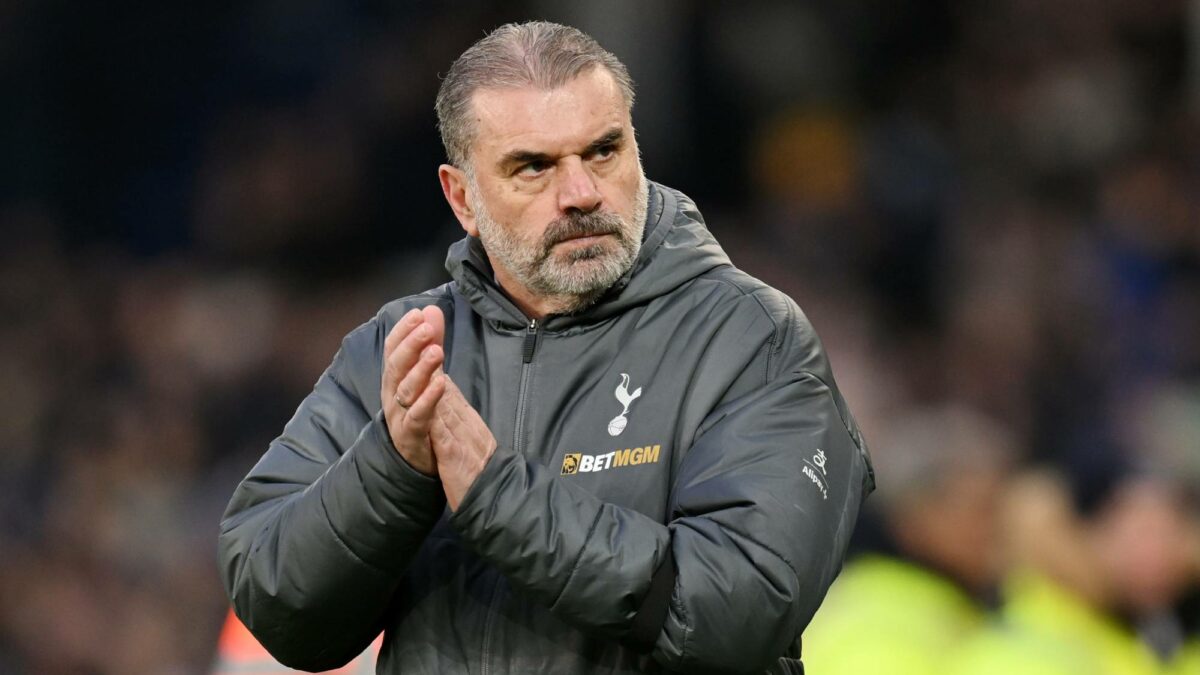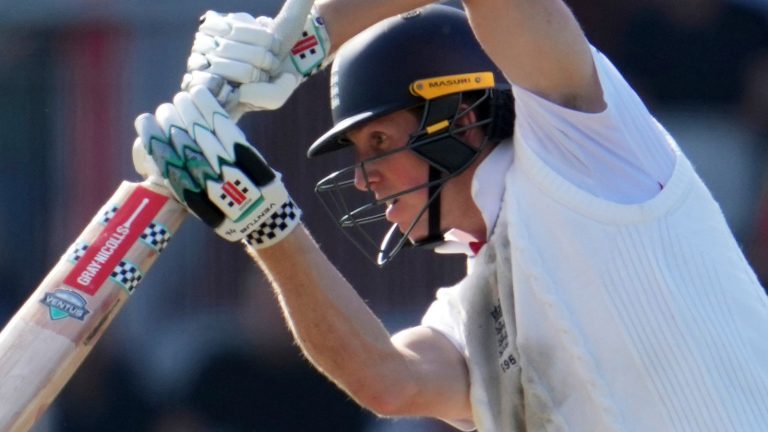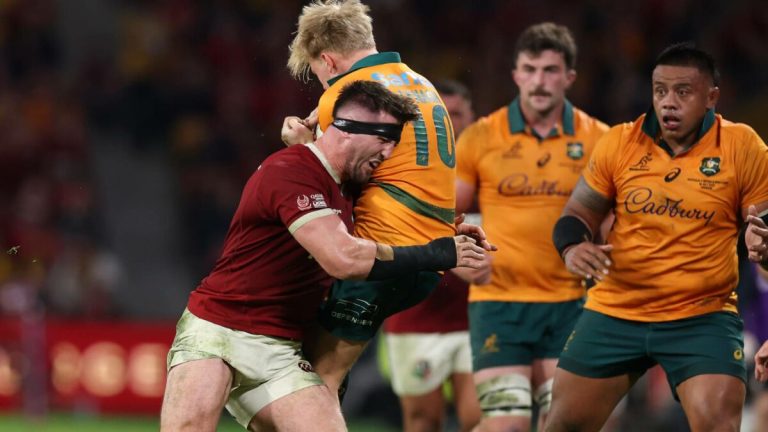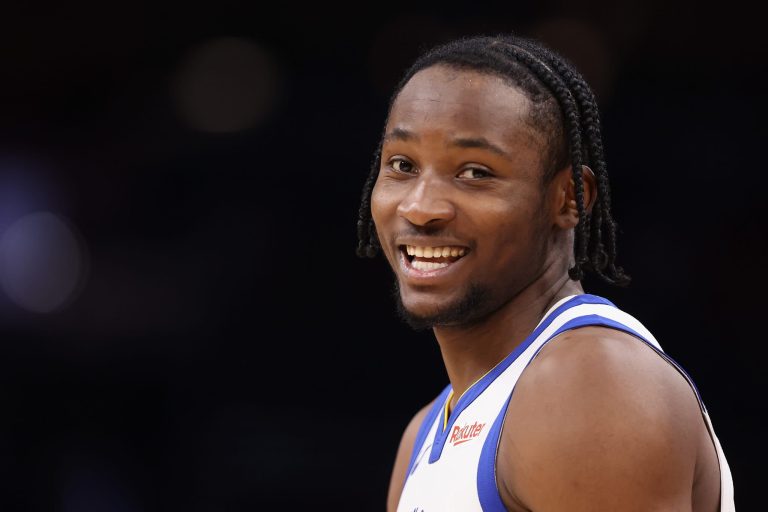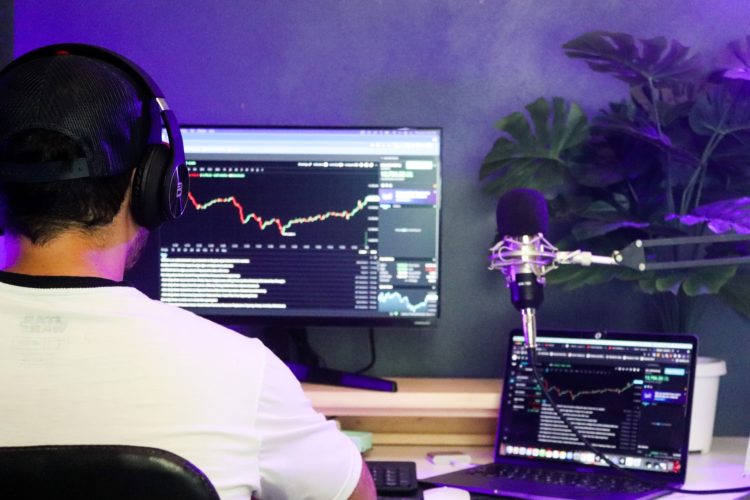Unless you were born rich, the feeling is universal.
Working class Australia was a tough place to grow up. Cut off from “civilised” society by postcodes and highways, with little opportunity to escape, the only outlet was your local football club: where heroes were made and legends endured; where nothing was given, and everything earned.
Of course, “football”, in the Australia parlance, is interpreted in myriad ways.
For Ange Postecoglou, soccer wasn’t just a sport but a way of life – and a way out. It was where you fit in, where you belonged, where you proved yourself. You didn’t go to the footy with the skips but to the NSL games with the wogs, where the little English spoken in the stands was drowned out by conversations of the old country and Greek chants of glory on the pitch.
For Ange, under Ferenc Puskás at South Melbourne, the fire of victory was forged – and it never extinguished.
As a coach, he built his career on the fringes, working against the odds to back the underdog and take them to the top. He was tactically bold, unwavering in his values, and devoted to his players. He proved the doubters wrong and put the haters in their place (looking at you, Fozzie).
He energised the A-League; brought silverware to the Socceroos; turned the tables for Yokohama in Japan; and reigned in Scotland like Braveheart. Usually winning things in his second season? No, always.
His ascent to the Premier League was just as unlikely, and yet it seemed inevitable. As did his downfall.
Angeball took the league by storm. The games were a rollercoaster, with Spurs scaling the table like a kid on their first go at a climbing wall – dizzying highs, close slips, and crashing lows. Table toppers and giant killers, he was kicking arse and taking names.
But when injuries hit, leads were blown, and the title slipped, Ange entered siege mode (again). Where he was once all attack on the field, he became defensive in the press room, under fire from a rabid media eager to claim its next scalp.
The Ange era grew weary. Week-to-week, the league form went from chaotic to dour. Players turned up for their paycheques; fans turned up to heckle their own team and the owner; and all the while, Ange wore the boos, the jeers, and the loaded questions.

Ange Postecoglou holds the Europa League trophy (Photo by Catherine Ivill – AMA/Getty Images)
Alone, he took the blows so the players wouldn’t have to. Spurs’ slide down the table had no bottom and threatened to crash through into the Championship. The calls for his head grew louder but his stubbornness remained resolute.
The age of Ange visibly aged Ange but he’d been here before and wouldn’t back down now. He turned his sights to the cups and one-by-one they fell away, until only the Europa League remained.
He knew how to hold a dressing room together, just like he first learned at South Melbourne under Puskás: it was all-in for the boys because the boys played for each other. Away from the money, the media, the mob, the Spurs boys could just play football again. Ange took them back to when they ran out as kids at their local club. No pressure, no responsibility, just freedom. It was a family.
From rags to riches, from Raglan Street to White Hart Lane, he brought along everyone for the journey. This was about taking on the elites and damn the consequences. One for the little guy. Dispirited, beaten-down fanbases across the world, worn out by politics, division, and the ruthless machinery of modern sport, were, for a moment, turned into believers.
He believed first. Then the players began to believe. Then we did. The feeling was infectious, the experience was glorious.
Ange is not just a coach but a symbol. An emblem of the working-class, multicultural Australian experience; the great global experiment where anyone could grow up to be anything: fair dinkum and hard yakka; abrasive and unapologetic; above all, real.
And for one brief moment, the world got to feel what we grew up with – the hard-earned respect of proving the doubters wrong by doing it your way.
Ange’s Premier League coaching career might be over but the memory will live on in our hearts. He did it his way and we came along for the ride.
Thanks.
